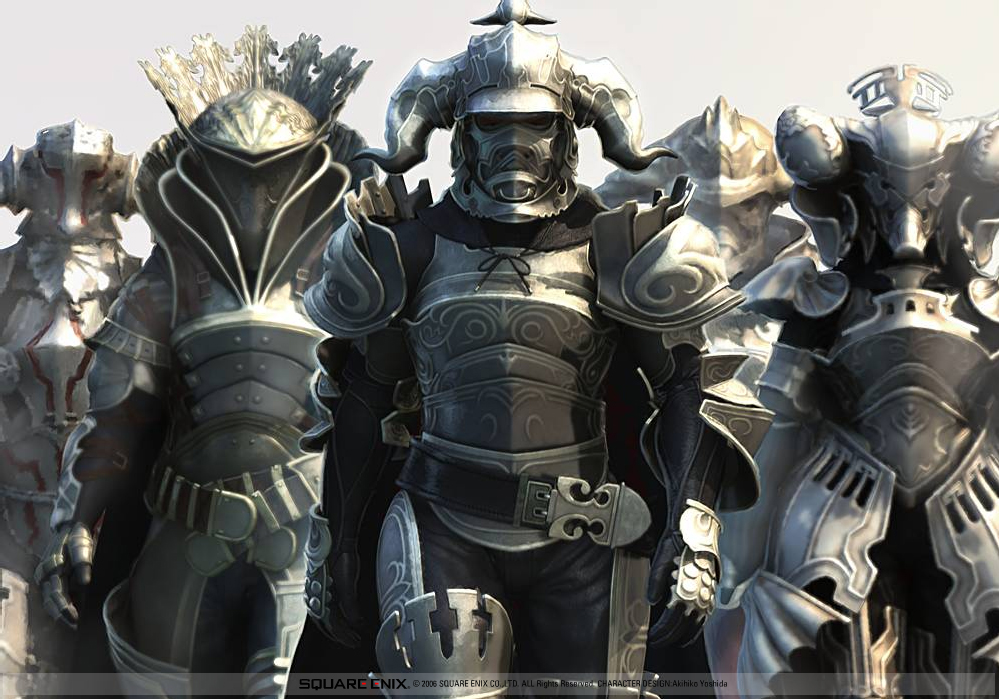Acheron Inquisitors
Dressed in heavy armor, their faces concealed by masks, inquisitors are the feared blade of the Imperial Seat of Acheron, expert in cutting out those who resist its rule. They fervently serve Acheron’s Supreme Inquisitor, an aged witch named Leska.
Inquisitors and Antimagic
Acheron inquisitors are spellcasters (almost exclusively clerics) who revere their leader Leska almost as a god. Inquisitors must be LN, LE, or NE, and typically are heretics of faiths of fire or magic. They have access to the Fire, Knowledge, and Magic domains. Their favored weapon is the spiked gauntlet, which leaves their hand free to hold items and perform somatic components.Inquisitor Special Abilities
Cleric inquisitors can choose the following alternate class ability, and most take the Reactive Counterspell feat. Additionally, inquisitors may select Infernal as a bonus language. Non-inquisitor clerics who select this class feature do not have an alignment restriction.Alternate Class Feature: Rebuke Magic
Level: Cleric 1 or Blackguard 3. Must channel negative energy. Benefit: You can rebuke magic a number of times per day equal to 3 + your Charisma modifier. Rebuking magic can dispel ongoing magical effects as the spell dispel magic, and can counter spells if the inquisitor readies an action to use this ability. This ability can affect spell-like abilities and magic items (as well as psionic powers, psi-like abilities, and psionic items), but not supernatural abilities. Rebuking magic is a standard action. When rebuking magic, you must choose a single spell you want to dispel or counter, or a single magic item you are trying to suppress. You can also target a creature and attempt to dispel one effect active on that creature. You make a dispel check, rolling d20 + cleric level against a DC equal to 11 + the spell’s caster level. (Paladins are treated as clerics of their level –3, and blackguards as clerics of their level –2.) If you succeed, the effect is dispelled, countered, or suppressed, as if you had succeed in using dispel magic on it. If used to target a single creature, make a dispel check against each effect active on that creature, starting with the one with the highest caster level, until one effect is dispelled. This use of rebuke magic does not affect magic items. A given use of rebuke magic can dispel no more than one single effect. Replaces: You do not gain the ability to turn or rebuke undead, and you do not have Diplomacy or Heal as class skills. You gain Intimidate and Sense Motive as class skills. Special: Characters who are able to channel positive energy (such as paladins and good-aligned clerics) can expend a turn undead attempt to gird their own or other casters’ spells with positive energy. If you are girding another caster’s spell, you must be within 30 feet and have line of effect to that character. You make a girding check (d20 + your cleric level), and add a +2 synergy bonus if you have 5 or more ranks of Knowledge (Arcana). For purposes of the inquisitor’s rebuke magic ability, against the next spell you or your target casts, the inquisitor’s dispel check must beat your girding check if the result of your girding check is higher than the normal dispel DC (11 + your caster level). Likewise, in the area of a hallow spell, inquisitors take a –4 penalty on dispel checks when using their rebuke magic ability. This penalty applies if either the inquisitor or his target are in the hallowed area. For example, Torrent (cleric 2) and Diogenes (wizard 5) are facing an inquisitor. Torrent expends a turning check to gird Diogenes’ magic, and rolls a 19 for her girding check. Diogenes casts a spell, and the inquisitor tries to rebuke its magic. Normally the DC of the inquisitor’s dispel check would be 16, but because of Torrent’s girding it is 19.
Type
Military Order
Leader
Parent Organization
Related Items


Comments